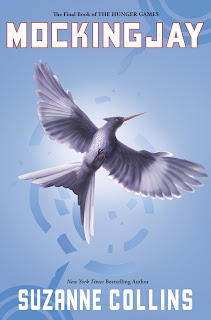
Look, I got the penguin picture! hopefully this shameless promotion absolves any copyright issues.
Hello all!
First thanks to Allisonface for keeping us updated and reading something new and interesting.
I will try to be as interesting even though what I read certainly isn't new.
****SPOILERS AHEAD***** Again, I will try to keep it to a minimum.
So for my "D" I read Count of Monte Cristo. I chose this mostly because so many people I know loved it, Justin and Meredith both count this book as one of their all time favorites so I thought I should explore it. Ive had a copy for years and been daunted by it.
First let me say I accidentally read an abridged copy (didn't realize that till the end) and it was still like 660 pages. Whoa! However, I didn't have any trouble keeping with the pace of this book, maybe partially because I had seen the movie.
The premise of the book, as many of you know, is really in my mind the classic revenge story.
Basics:
-Man is screwed (really royally) by supposed colleagues
Loses: girl, job, basically life, liberty and the pursuit of happiness.
-Man tries to get it all back
-There is a happy ending? I question the happiness.
I think (without killing this complicated story too much with spoilers) my favorite part was his relationship and plotting with the Abbe in Chateau D'If. I thought the Abbe was so neat, I love that his whole life and character in the book revolved around learning and how willing, even in a place of despair, to pass this on. It was the most valuable thing he had and he gave it pretty freely (to more and less degrees with certain things). I thought that was awesome.
This took me a few months to read and it was a bit ago so I am not sure how to summarize the middle, as I do really want to encourage others to read this "classic". In any case, it takes the main character, Edmond, years and year and many hours of plotting to get "back" at those who wronged him.
In generally I really disdain revenge stories. In general, I hate the concept. I think energies are better spent elsewhere, its really crying, and throwing a powerful and mean fit, over spilled milk to me. Though this story was engaging even through my disdain.
The ending was odd to me - he really doesn't "get it all" back and Im not sure, given the ending, he ever meant too. What do others think? It was a bittersweet ending for me, though all that misfortune I hoped more would (rather magically I suppose) come of it.
Read it!! I think Im doing it injustice here trying to talk around the plot spoilers - its a gripping adventure and drama story.




